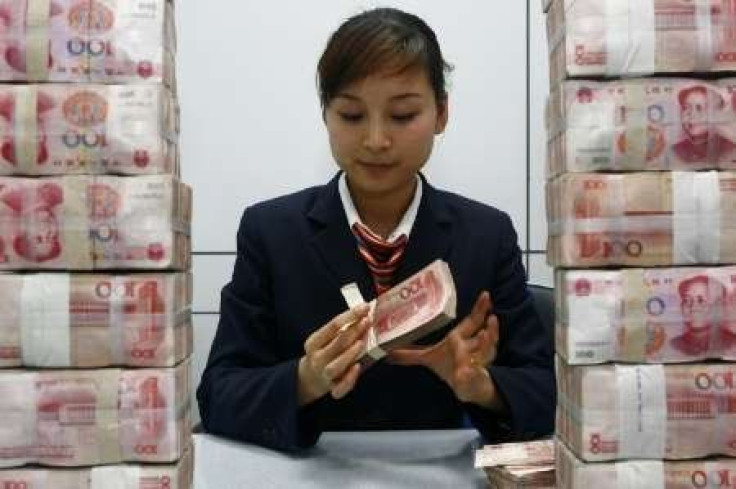China raises reserve ratios for banks

China's central bank raised its reserve ratio for the third time in five weeks as it attempts to 'normalize' its monetary policies.
The People's Bank of China raised its required reserve ratio (RRR) by 50 basis points, effective from Dec. 20.
This falls short of the increase to benchmark interest rates that the markets - and we - had been expecting. A rate hike still cannot be ruled out this weekend, Capital Economics said in a note.
The Bank has never given a schedule of rate changes so far.
It may be that the People's Bank has chosen to defer a symbolically more significant move on interest rates until those discussions have concluded, the research firm added.
The PBoC announced earlier in November that it would 'normalize' monetary policy and tighten control over liquidity to maintain moderate credit growth. The Bank had not acknowledged media reports stating that it raised the RRR by 50 basis points in late October or the subsequent one in November.
The Chinese government is also trying to contain inflation, which touched a 25-month high of 4.4 percent in October, much above the government's 3 percent target. The government announced a slew of measures to contain food and commodity price inflation, one of the main contributions to the price increase.
Like the previous RRR hike, the rise this time comes a day before several crucial indicators are expected to be announced.
China is expected to report inflation data along with several other indicators tomorrow. Economists expect the inflation rate to have risen further to 4.6 percent in November.
Even if a rate move does not come in the next 48 hours, the stated intention of the People's Bank to normalise policy, and the current elevated level of inflation, means that a rate hike is still likely very soon, Capital Economics said.
A failure to raise rates this weekend would strengthen the view that the bank is falling behind the curve in its policy response, the firm said, adding that it would also lead to expectations that the policy would have to be tightened more abruptly in the future.
Expectations of the rate hike also caused Asian markets to fall on Friday.
© Copyright IBTimes 2024. All rights reserved.











